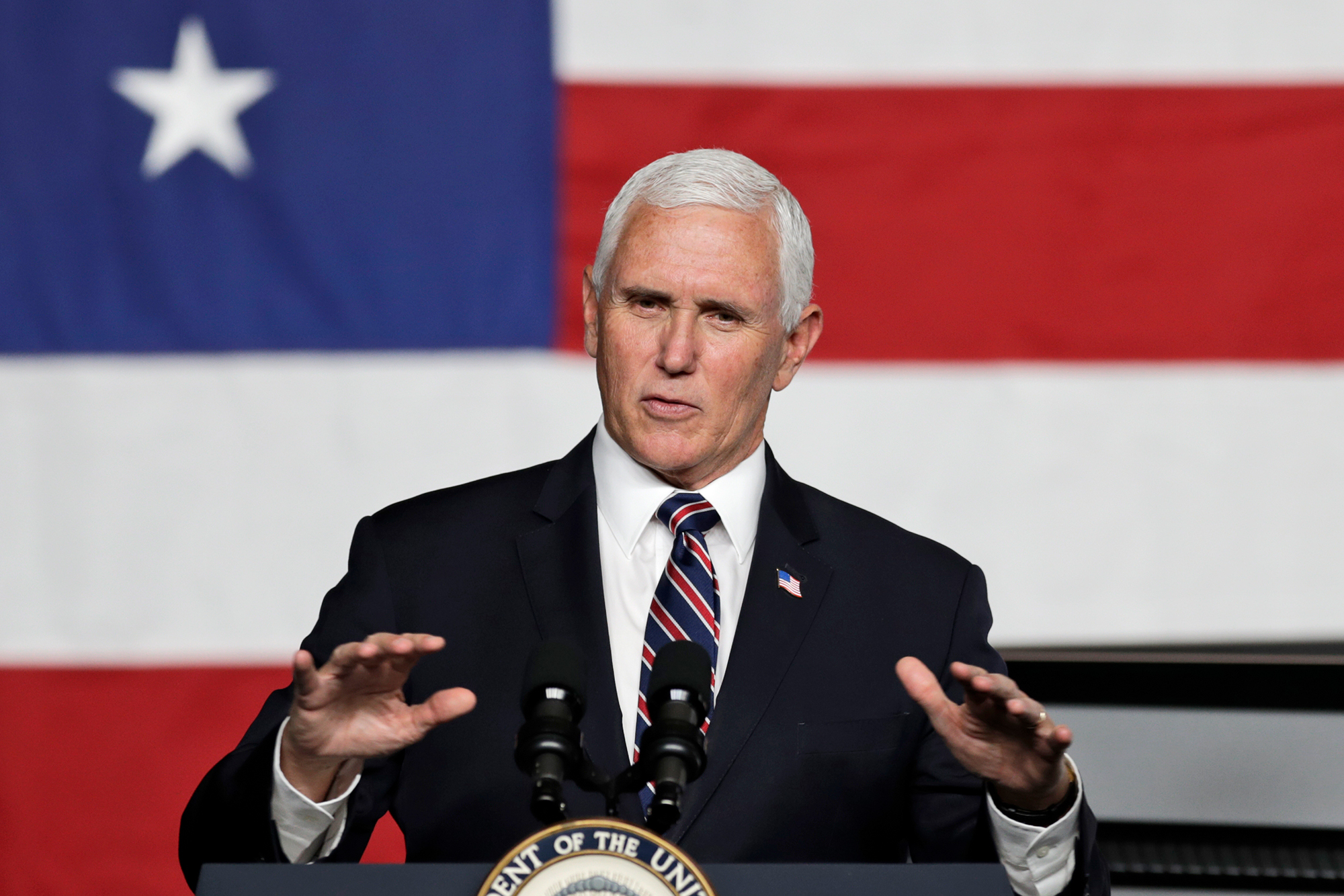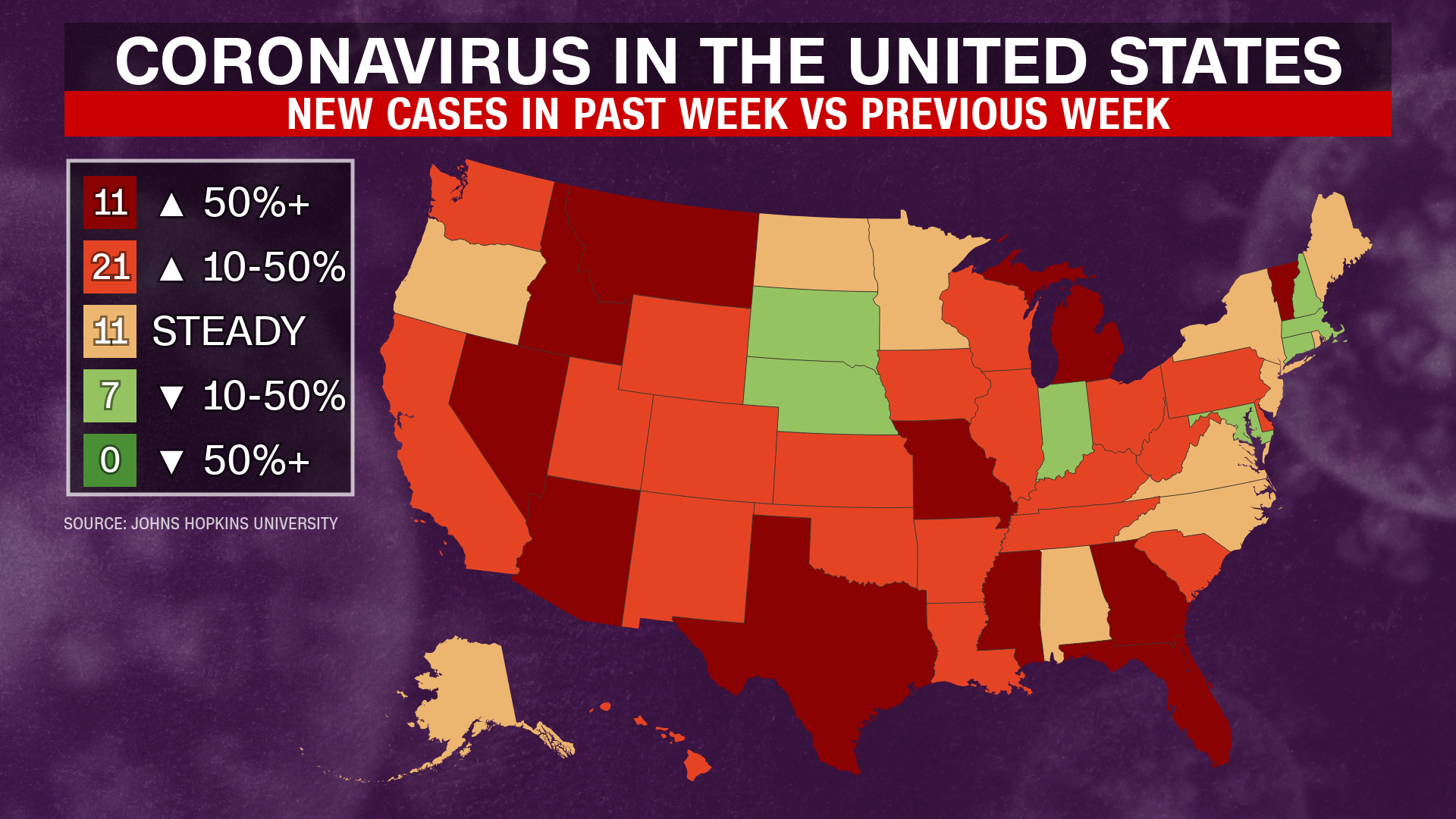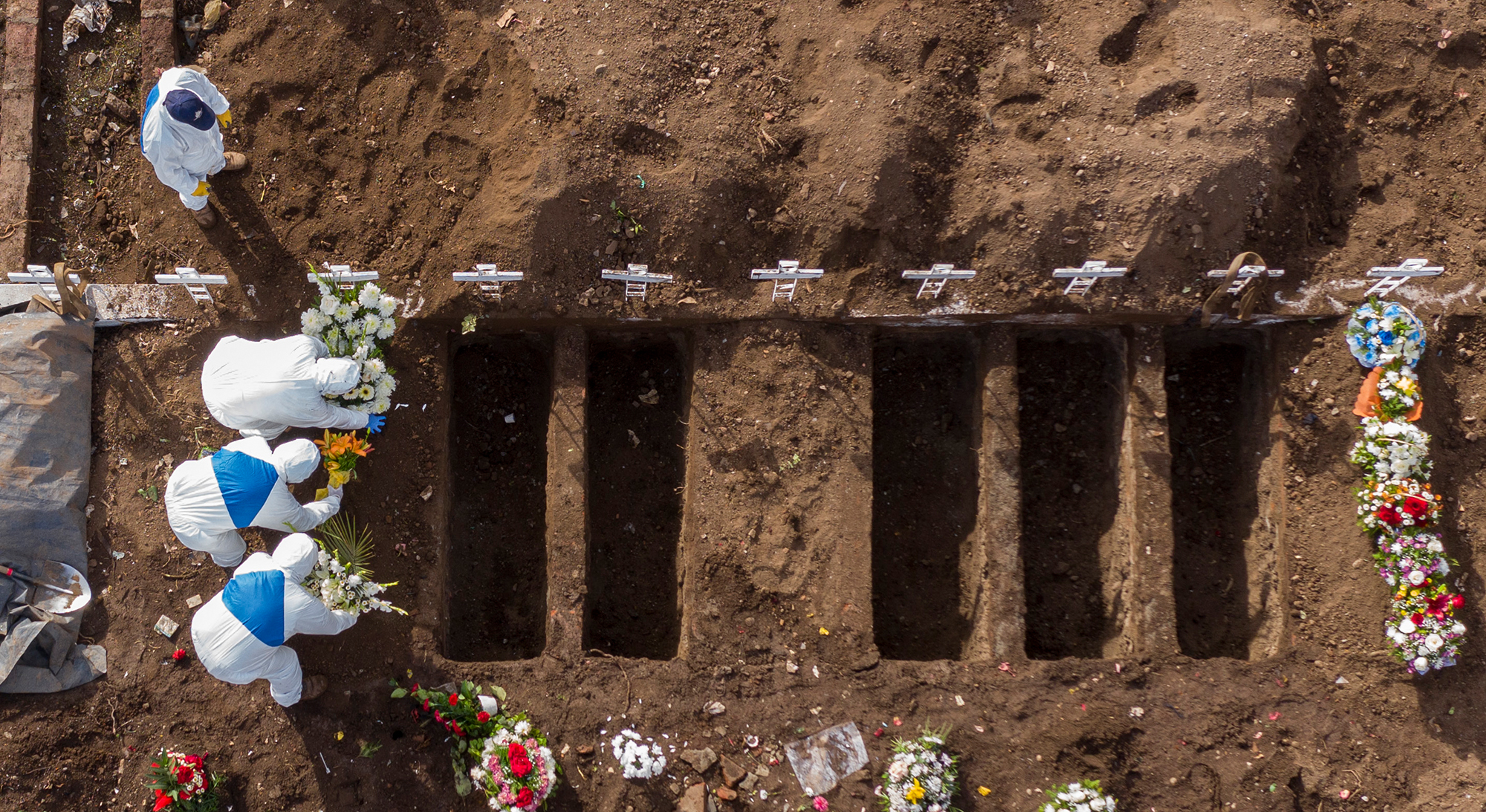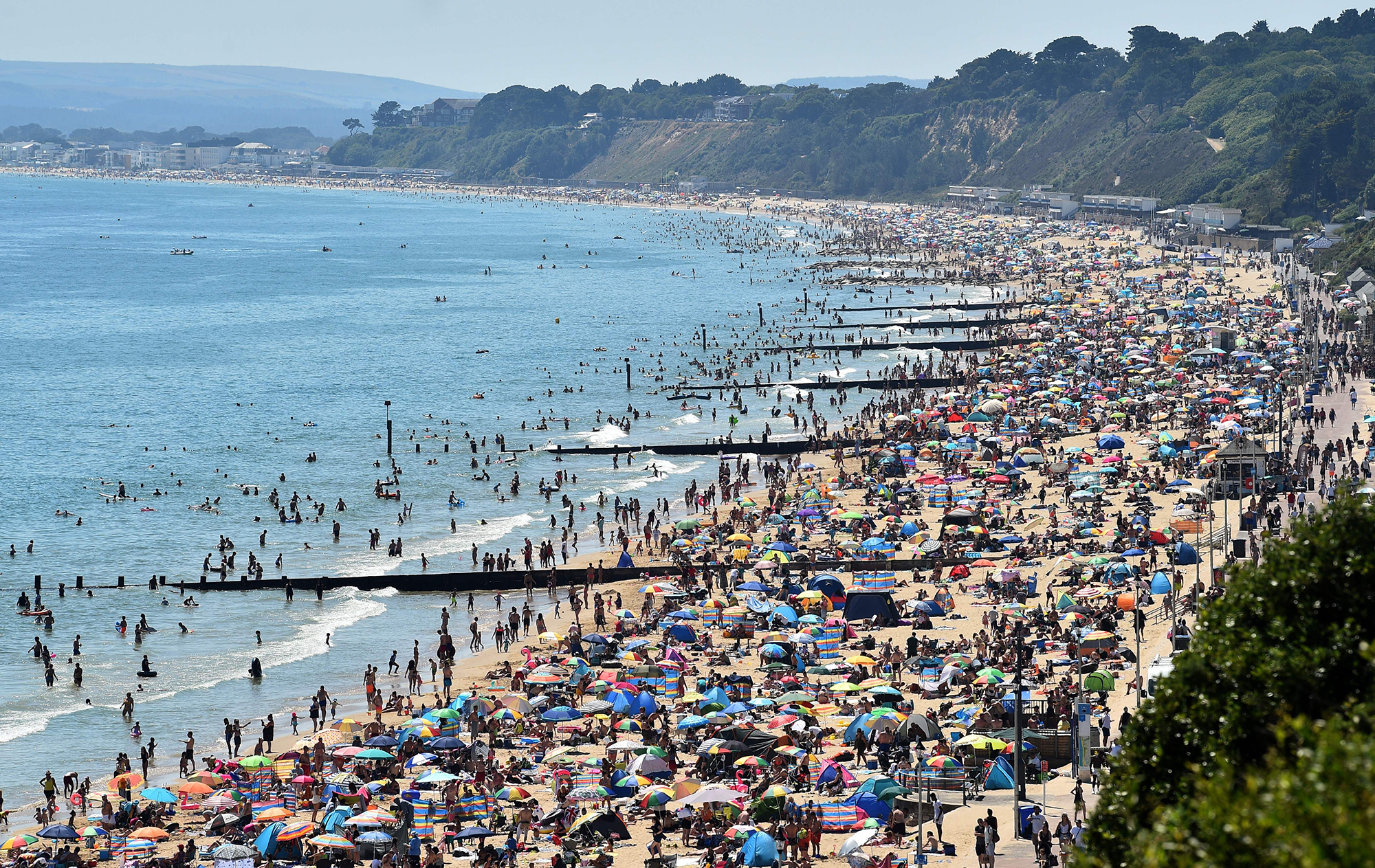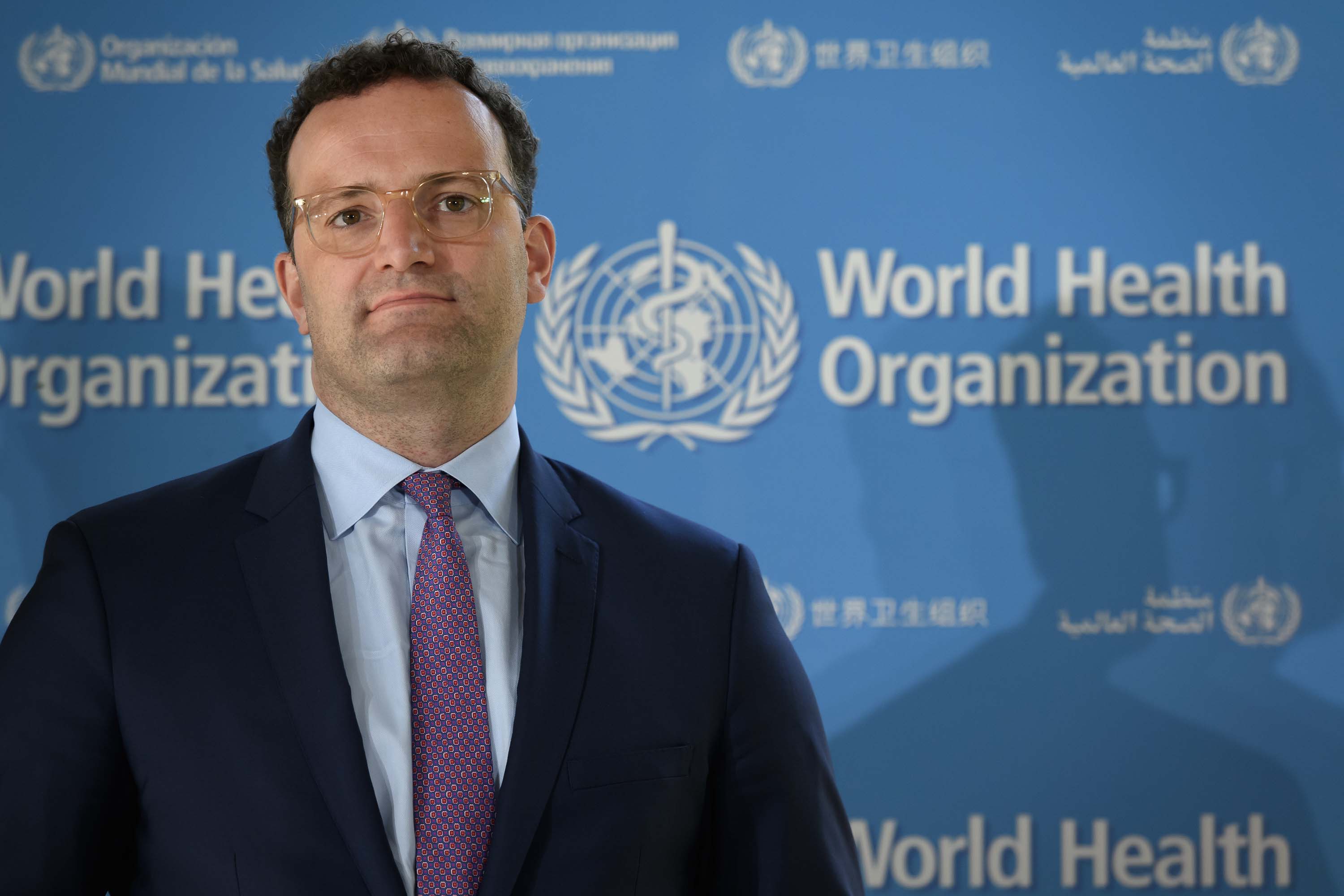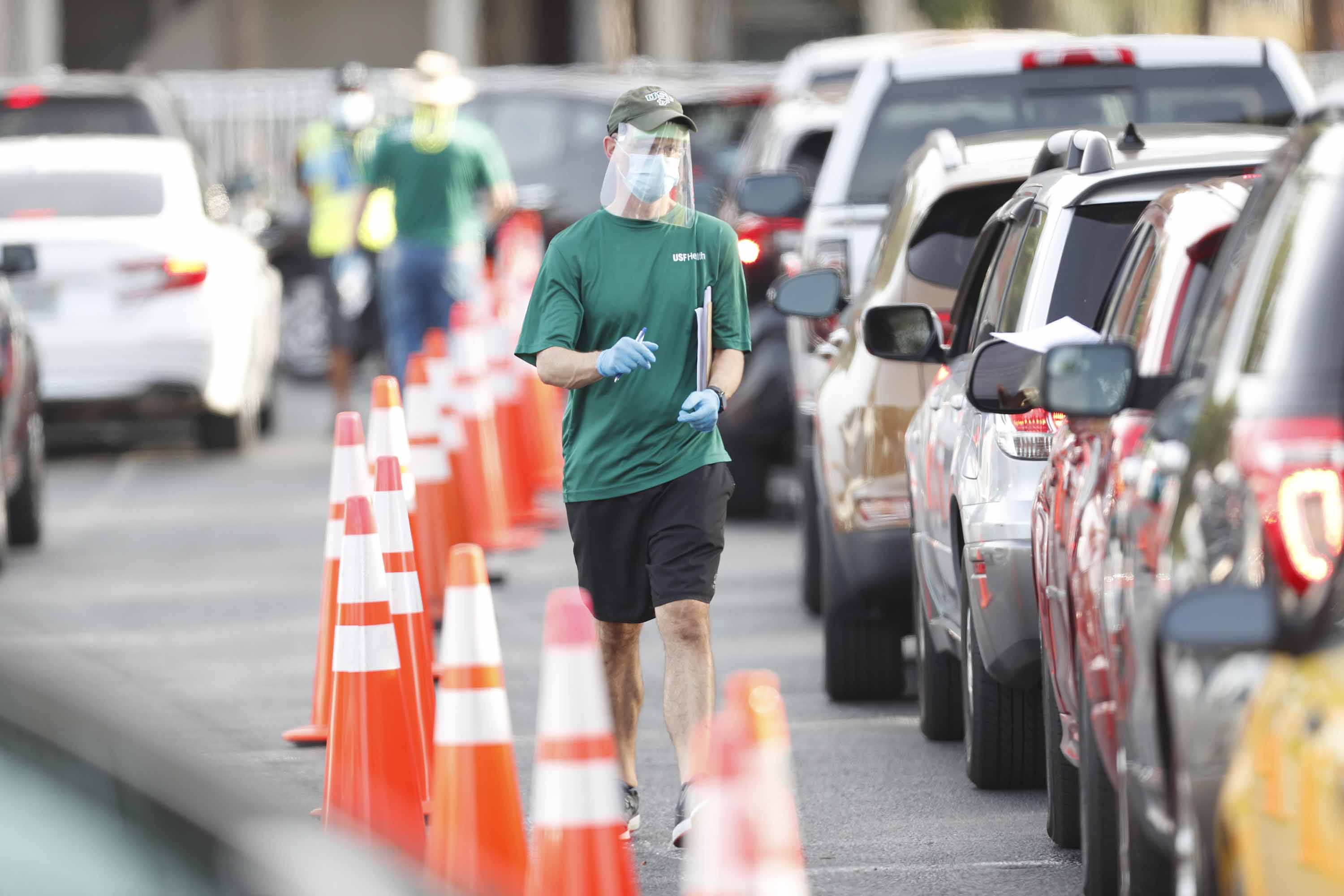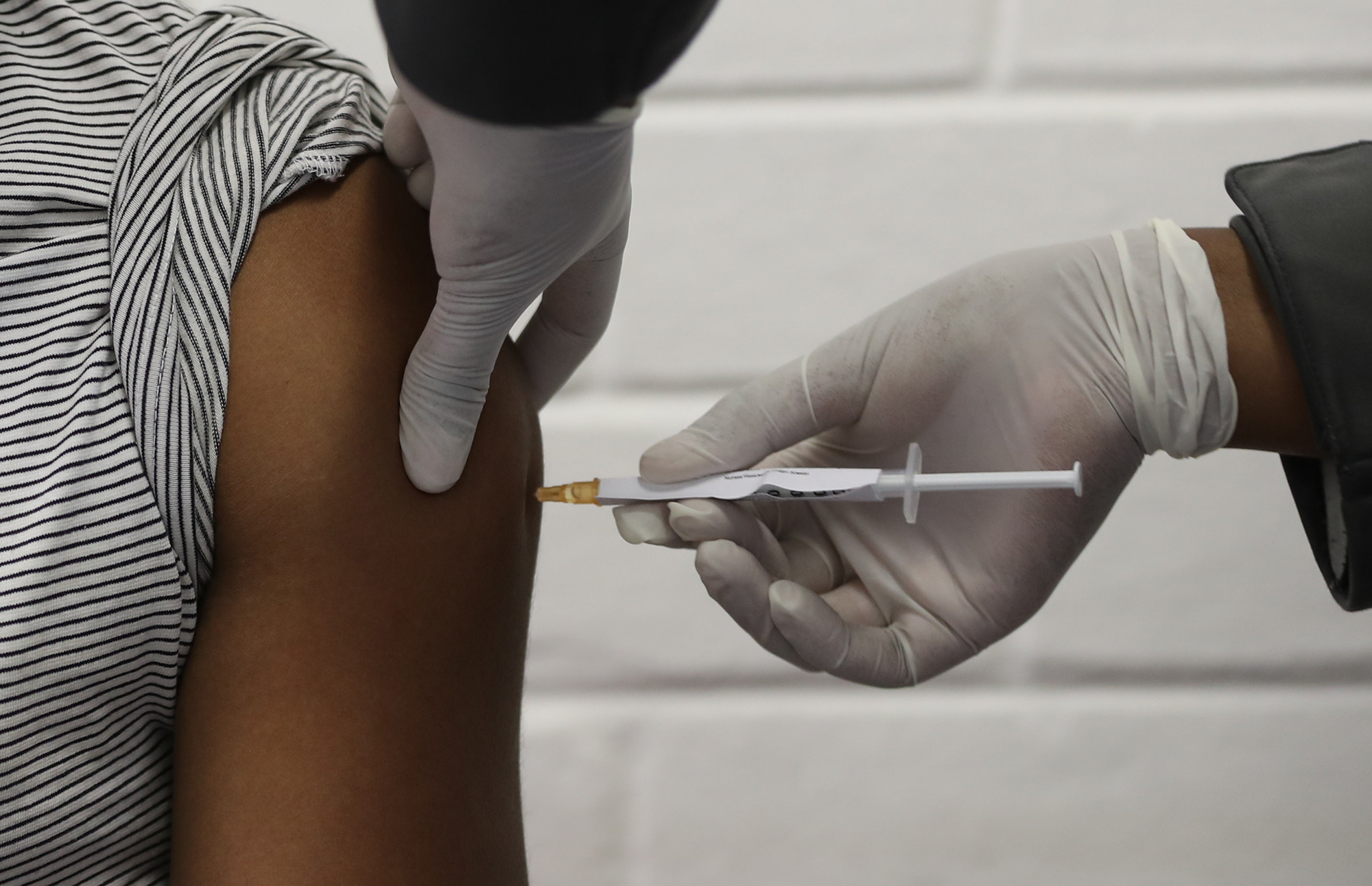
By the end of 2021, the World Health Organization plans to deliver about 2 billion doses of a coronavirus vaccine to people across the globe, WHO officials announced during a virtual media briefing on Friday.
One billion of those doses will be purchased for low- and middle-income countries, according to WHO.
This new goal is part of WHO's Access to Covid-19 Tools Accelerator program, which launched in April to bring together governments, health groups, scientists, businesses and philanthropists to support efforts to end the coronavirus pandemic.
The program has four pillars focused on Covid-19 tests, treatments, vaccines and health systems.
WHO chief scientist Dr. Soumya Swaminathan said during Friday's briefing that "the only way to prevent further spread and transmission" of the coronavirus would be to have an effective and safe vaccine.
"Obviously this virus has affected all countries and all populations and therefore a vaccine — ideally and from an ethical standpoint — should also be available across the world," Swaminathan said, adding that only a small proportion of the world's population has developed natural immunity to Covid-19.
"The principle of equitable access is a simple thing to say, but a complicated thing to implement. It requires active collaboration between governments, industry, health organizations, civil society organizations and communities," WHO director-general Tedros Adhanom Ghebreyesus said during Friday's briefing. "Vaccines, diagnostics and therapeutics are vital tools — but to be truly effective, they must be administered with another essential ingredient, which is solidarity."
According to WHO, the ACT-Accelerator initiative's plans to deliver tests, therapeutics and a vaccine all over the world are estimated to cost about $31.3 billion in funding, of which $3.4 billion has so far been pledged.
